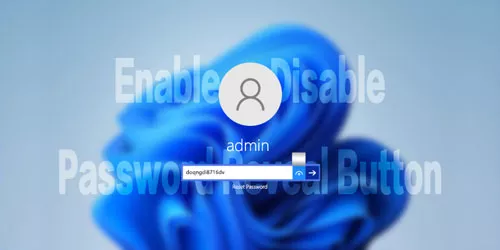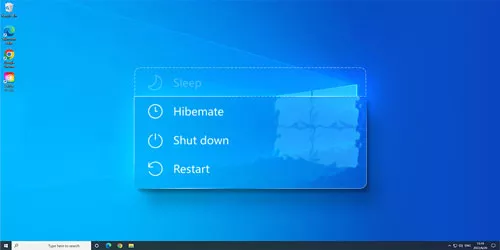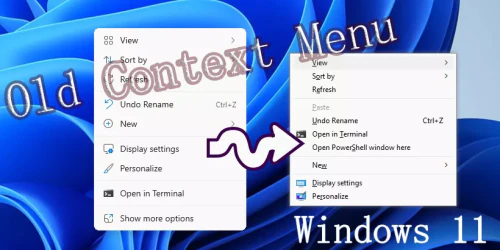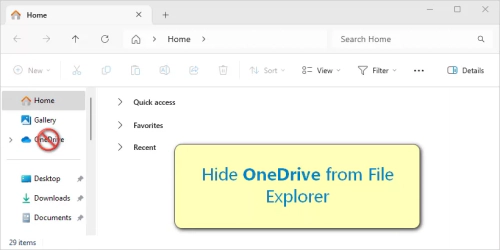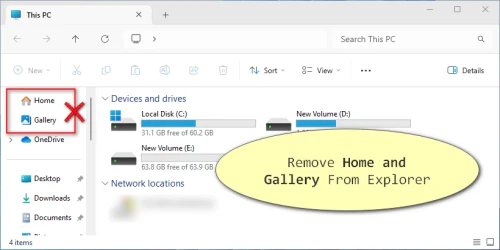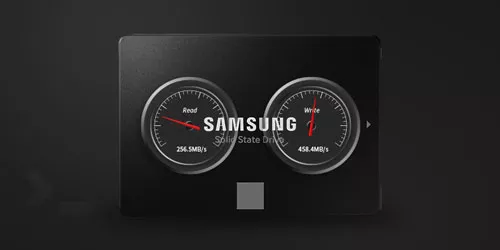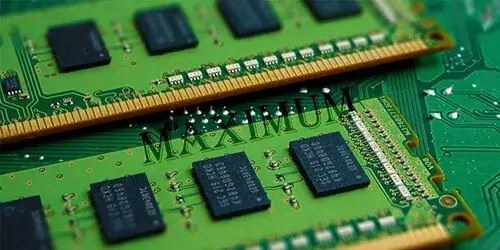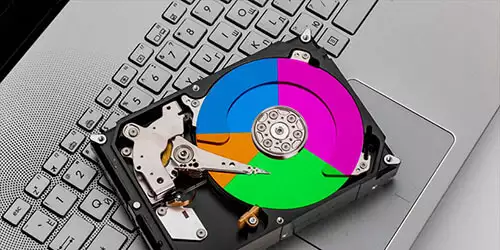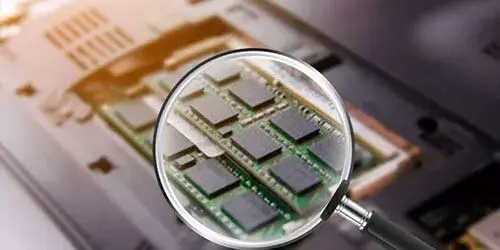4 Effective Ways to Disable Modern Standby in Windows 10/11

Microsoft has introduced new standby feature to help improve battery life and the speed of switching between different power status so that Windows PCs can switch between on/off states as quickly as smartphones. When modern standby is enabled, various notifications and emails can also be received since the PC is still connected and keeps updating itself. However, some users find this feature caused some issues like overheating on their devices. This post will give a detailed guide to introduce this feature as well as show you how to turn off modern standby on Windows.
What are the differences between the different power status?
There are basically two states of a computer: G0 (working state) and G1(sleeping state) , whilst G1 contains several types: S1, S2, S3, S4 and S5.
- S1 Sleep 1, refers to Standby. In S1 mode, the system is in a low power supply, with the CPU stopped running, no screen outputting, the RAM and hard disks on standby and the power light flashing. You can move the mouse or press any key on the keyboard to wake up the computer.
- S2 Sleep 2, refers to Power Standby. In S2 mode, the CPU is currently off and you can also move the mouse or press any key on the keyboard to wake up the computer.
- S3 Sleep 3, refers to Suspend to RAM. In S3 mode, CPU, GPU, hard disks and computer fans all stop working with only RAM powered on, so all information is stored in RAM. Moving the mouse or pressing any key on the keyboard will wake up the computer.
- S4 Hibernate, refers to Suspend to Disk. In S4 mode, All devices, including CPU, GPU, hard disks, fans and RAM stop working. A copy of the information in the RAM will be saved to the hard drive. It is equivalent to restarting the computer, but the RAM reads the data that has been kept before hibernation. Similarly, moving the mouse or pressing any key on the keyboard will wake up the computer (it will be slower than standby).
- S5 Shutdown The power is completely turned off and OS will reload until next power on.
- S1 and S2 are almost the same. But S1 and S3 cannot exist at the same time, your system will enable either S1, S4 and S5 or S3, S4 and S5.
- Modern standby S0, another type of sleep, was first introduced in Windows 8 and Windows 8.1. It allows applications to receive the latest content, such as incoming emails, VoIP calls or news even when the computer comes to sleep. However, this feature is mutually exclusive with S1 S2 S3. If your computer supports S0, you will have S0, S4 and S5 available.
How to check the sleep state on your PC?
To find out which sleep states your computer supports, you can check in Command Prompt.
Step 1: Type cmd in the search box and select Run as administrator.
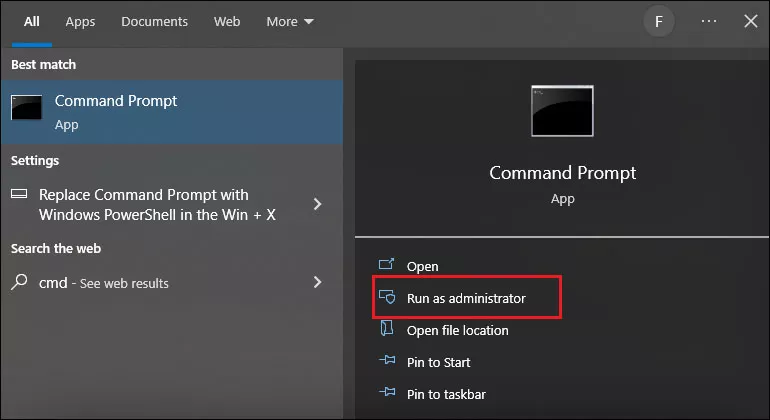
Step 2: Enter the command line powercfg /a in Command Prompt.
If the result shows "Standby (S0 Lower Power Idle) Network Connected/Disconnected" is available, it means your system has enabled modern standby feature.
Step 3: Then check if you can restore to the traditional Standby S3. If you can see "This standby state is disabled when S0 low power idle is supported" under S3, you are able to disable modern standby with the following methods.
Below shows a report of the system not enabling modern standby.
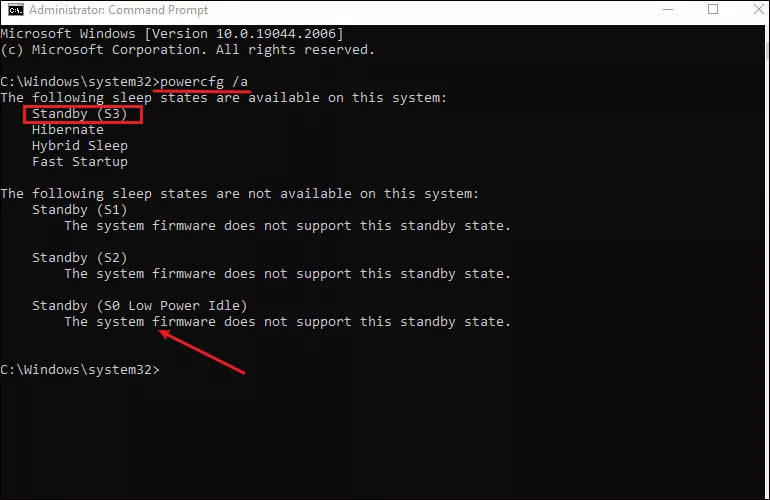
How to disable modern standby?
1. Via Registry Editor
Step 1: Press Windows+R to open Run dialog, type regedit in the open box and click OK to open Registry Editor.
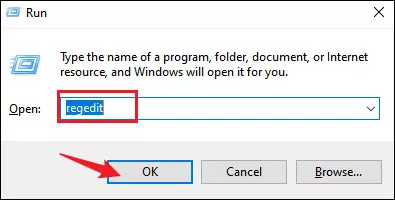
Step 2: Navigate to the below path:
HKEY_LOCAL_MACHINE\SYSTEM\CurrentControlSet\Control\PowerStep 3: Right-click on the Power key and select New > DWORD (32-bit) Value. Name the newly created value as PlatformAoAcOverride.
Step 4: Double-click on the PlatformAoAcOverride and enter 0 as its Value data. Click OK to save the change.
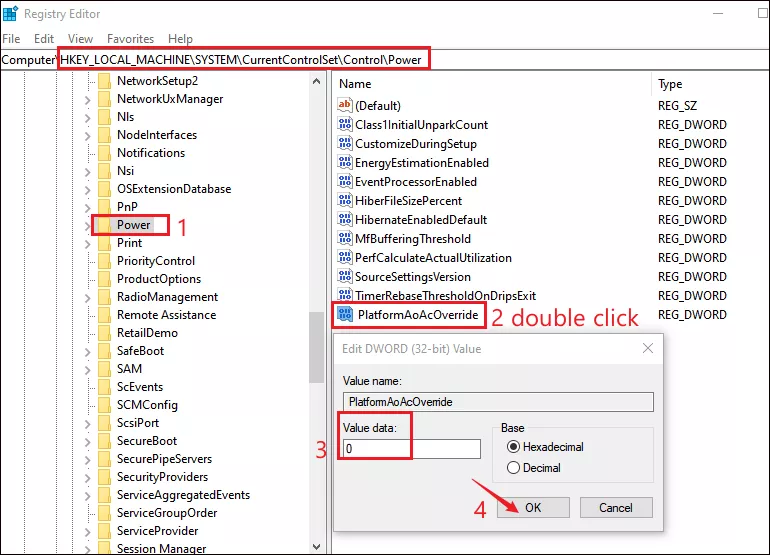
Step 5: Exit Registry Editor and restart your PC.
2. Via Command Prompt
Step 1: Open Command Prompt as administrator.
Step 2: Copy and paste the given below command line and hit Enter to execute it.
reg add HKLM\System\CurrentControlSet\Control\Power /v PlatformAoAcOverride /t REG_DWORD /d 0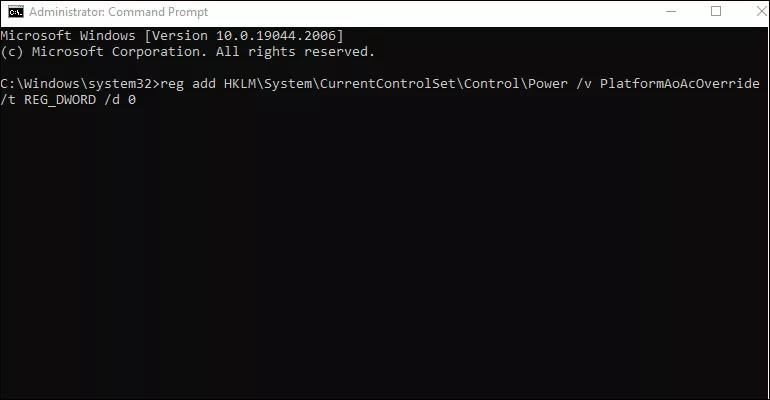
This command will help add the PlatformAoAcOverride key to the Registry. After all done, close the Command Prompt and reboot your PC.
In case you want to enable modern standby again, you can delete the key by entering following command:
reg delete "HKLM\System\CurrentControlSet\Control\Power" /v PlatformAoAcOverride /f3. Via PowerShell
Step 1: Press Windows+X and select Windows PowerShell(Admin) from the context menu.
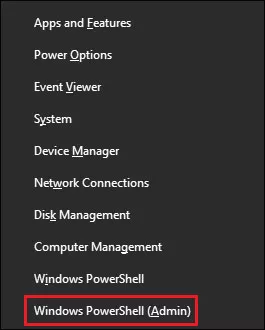
Step 2: Enter the following script in the PowerShell:
powercfg /setacvalueindex scheme_current sub_none F15576E8-98B7-4186-B944-EAFA664402D9 0Step 3: Open Registry Editor and head to the below path:
Computer\HKEY_LOCAL_MACHINE\SYSTEM\CurrentControlSet\Control\Power\PowerSettings\F15576E8-98B7-4186-B944-EAFA664402D9Step 4: Double-click on Attributes and change its Value data to 0. Click OK to save the change.
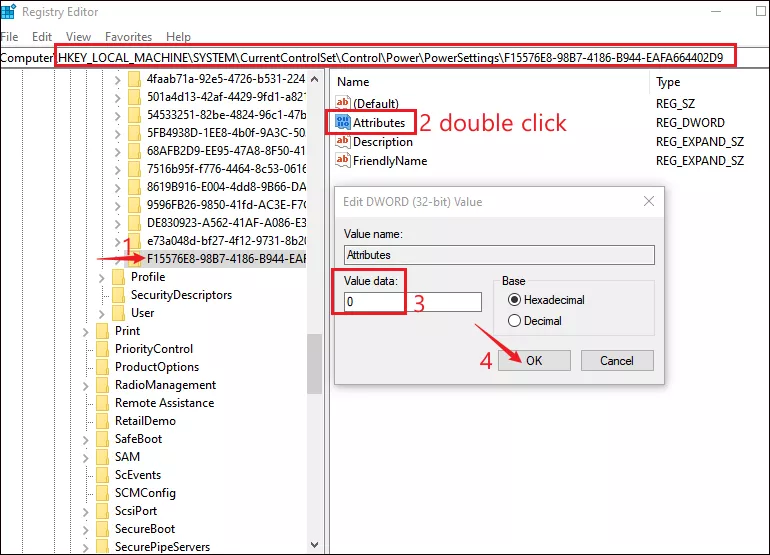
Step 5: Restart your system and check if the modern standby is disabled.
4. Via Notepad
Step 1: Search Notepad in the search box and open it.

Step 2: Copy and paste this script in the notepad:
Windows Registry Editor Version 5.00
[HKEY_LOCAL_MACHINE\SYSTEM\CurrentControlSet\Control\Power]
"PlatformAoAcOverride"=dword:00000000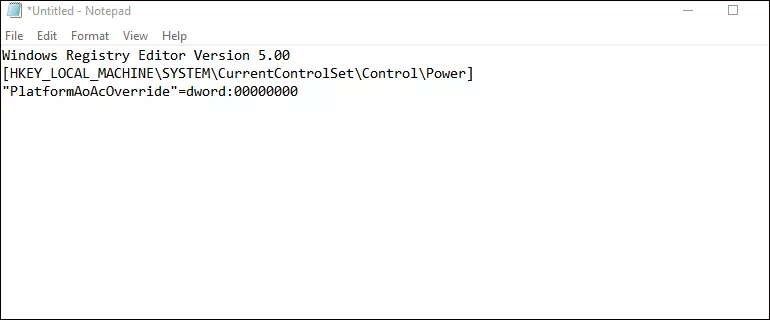
Step 3: Click File tab on the top-left corner and select Save as.

Step 4: Name the file as Disable_Modern_Standby.reg and choose All files from the drop-down menu. Then click Save to save this registry file.
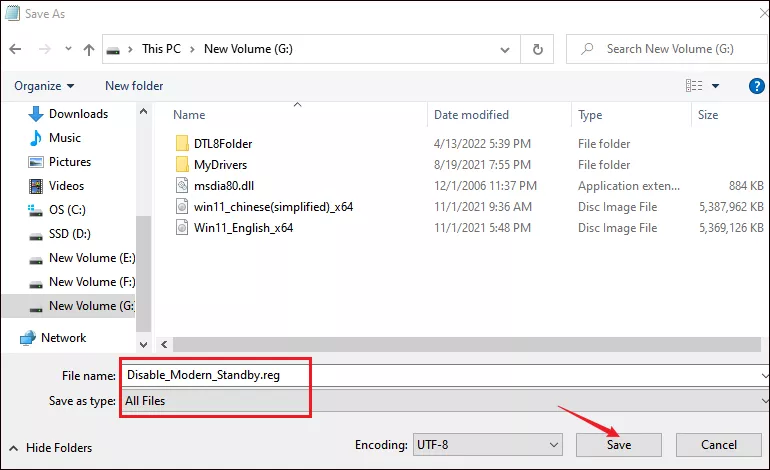
Step 5: Double click Disable_Modern_Standby.reg file and Yes when asked for confirmation by UAC.
Step 6: Restart your device to apply the modification.



